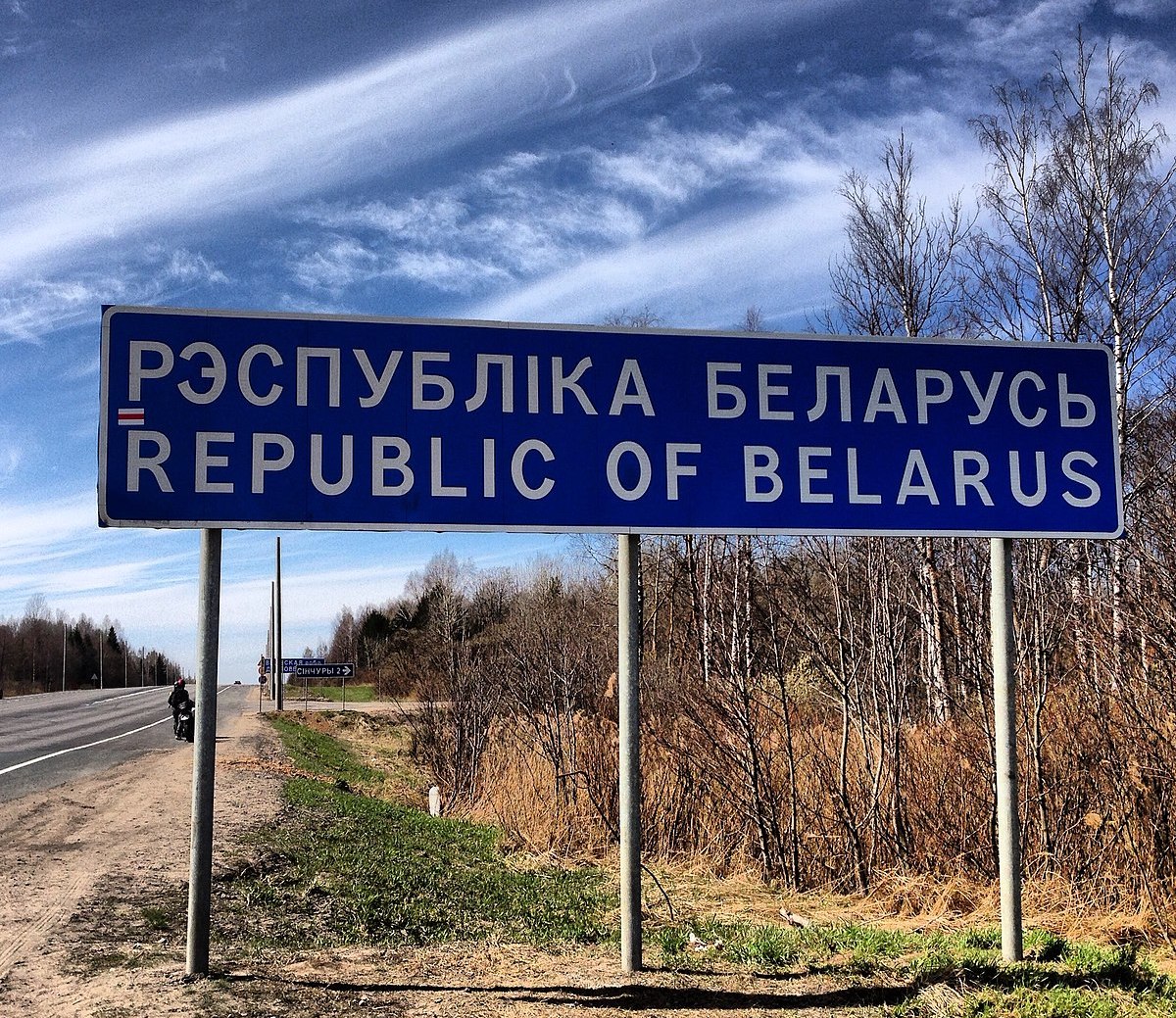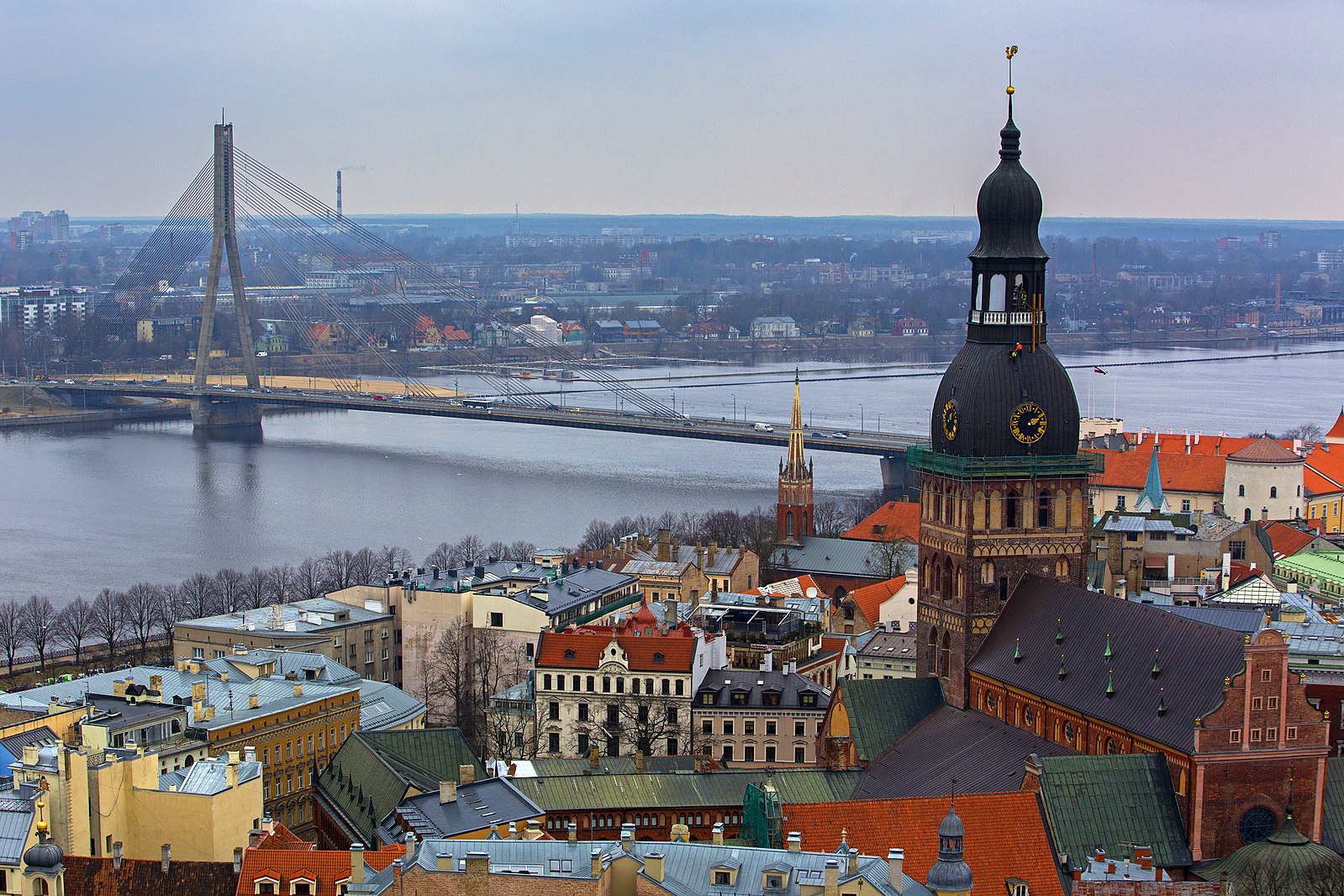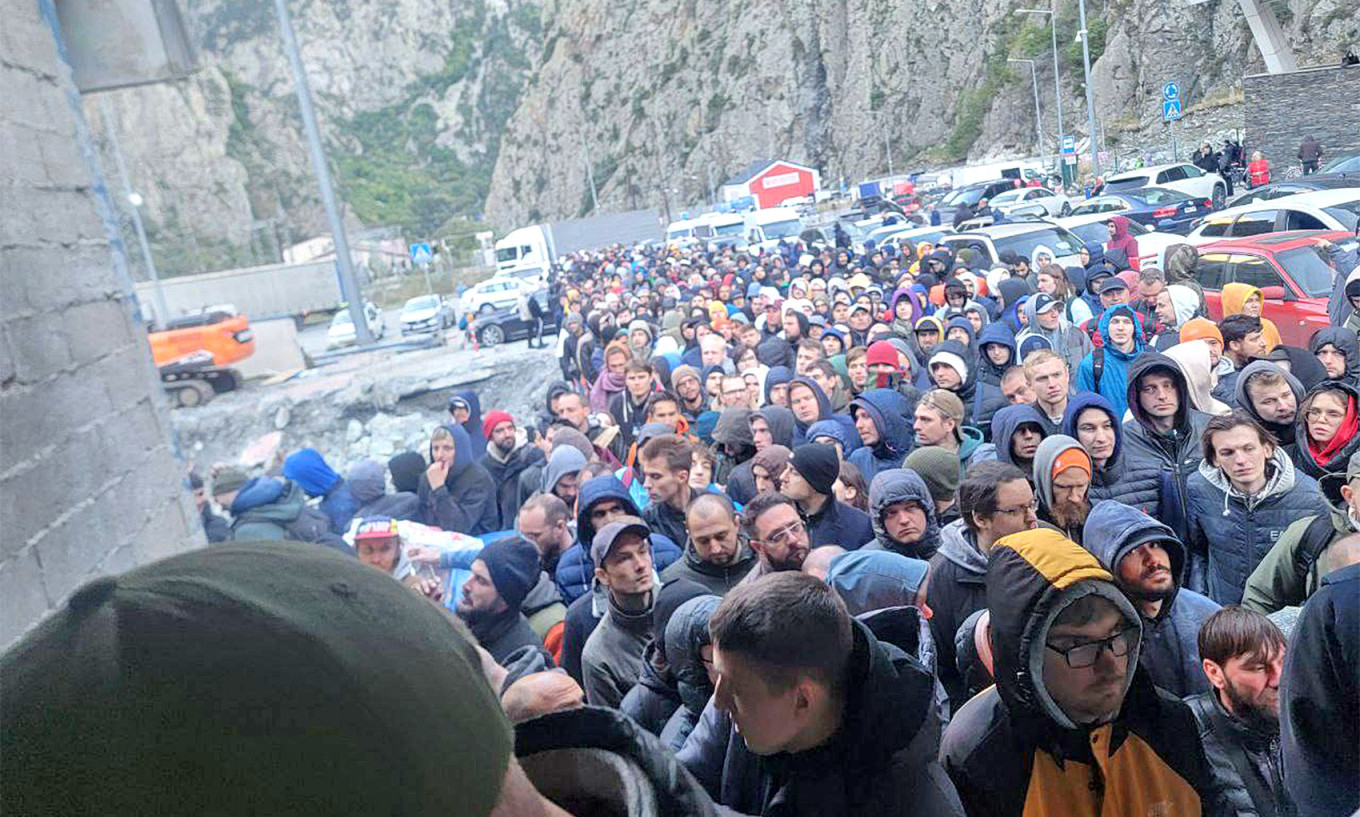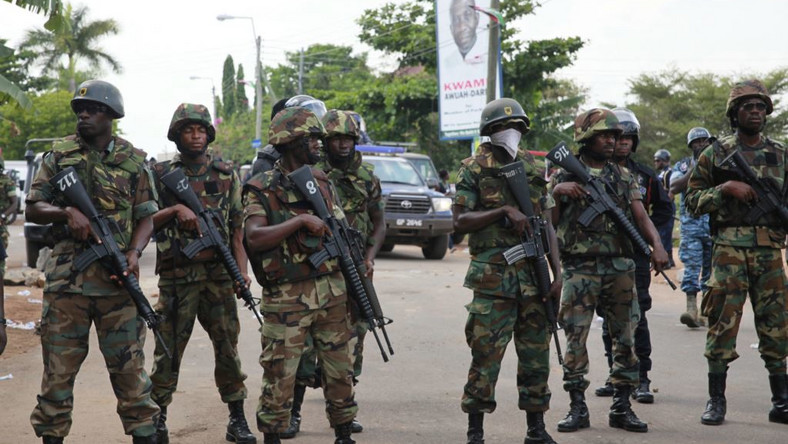
Screw tightens in Russia and Belarus
The Russian Ministry of Justice formally designated Dmitry Muratov, a Nobel Peace Prize-winning internationally esteemed journalist, as a “foreign agent.” The label, reminiscent of the “enemy of the people” designation of the Soviet era, imposes harsh constraints on activities and requires sources of funding to be disclosed. The law has been widely used by the Kremlin to silence critics. Muratov is editor at Novaya Gazeta, one of the rare media outlets in Russia openly critical of President Vladimir Putin. Meanwhile, a court in Belarus sentenced journalist and human rights activist Larysa Schchyrakova to three and a half years in prison on charges of “insulting” government officials, disseminating “false information,” and promoting “extremist” activities. Her organization, Gomelskaya Viasna, was aso ordered banned. The charges concern Schchyrakova’s advocacy and rights monitoring work during the 2020 anti-government protests in Belarus. (Image: Wikimedia Commons)






